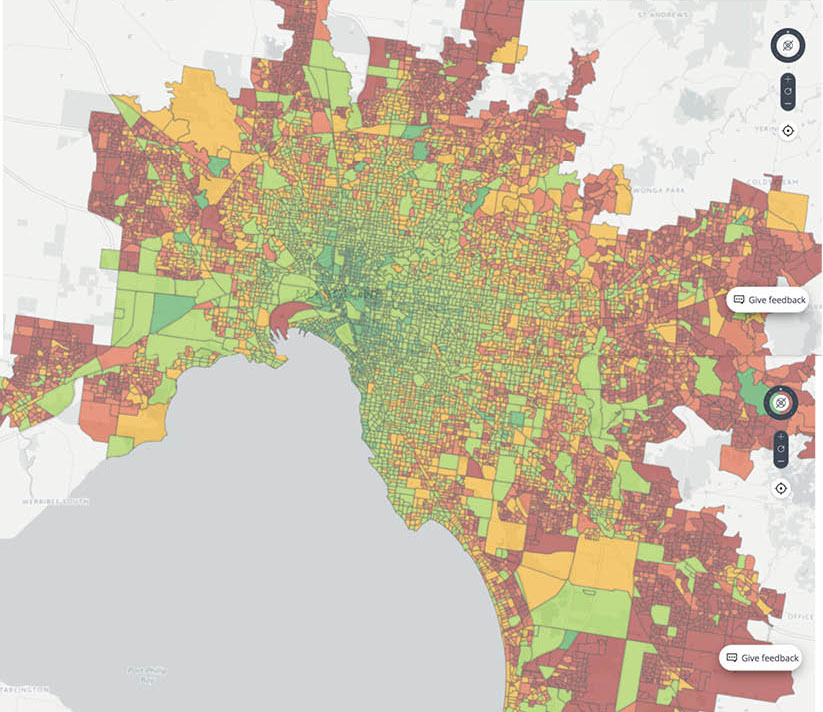
13 Sep Addressing urban inequality, through urban practice
A foundational idea for Global South is to address the increasing socio-economic inequality which is affecting, and defining, our cities, towns and communities, through our work across private and public sectors, for developer, government and non-profit clients.
We see an opportunity to leverage off our consulting work, and collaborate with our project partners, to build resources, both financial and time/skills, and divert these to worthy urban projects for which resources are more constrained.
In our work we see the full spectrum of urban contexts – from substantial private sector redevelopment projects in attractive urban areas, with significant financial backing, to highly disadvantaged locations in need of investment, and under-resourced local government bodies.
Global South is committed to dedicating a significant part of our work to research, learning, and applying this knowledge to all our projects.
By working with us, our clients also assist in resourcing urban improvements and benefits in other, more challenged locations.
As urban design and planning practitioners, we share a responsibility (with government, community and our project partners) to plan, design and implement urban places which respond to the New Urban Agenda, and contribute to the Sustainable Development Goals.
We are commencing a number of ‘pro-bono’ initiatives and research activities, with a view to delivering tangible social benefits in the urban setting. We look forward to the opportunity for increasing partnered work towards this ongoing and essential imperative.
More information to follow shortly, but get in touch to find out more.
(Image source: https://map.aurin.org.au/)

